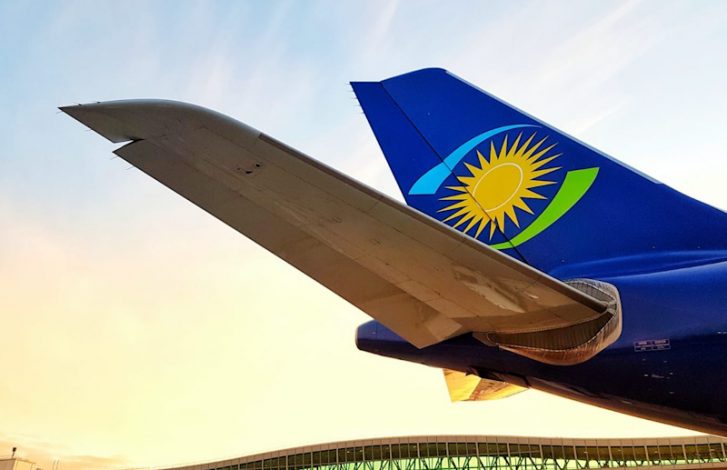Rwanda plans to resume commercial flights from August, the Ministry of Infrastructure announced Saturday.
According to the Ministry, Rwanda has already prepared necessary guidelines to resume domestic and international flights as per the standards set by the International Civil Aviation Authority and the Ministry of Health.
As a result, passengers must possess COVID PCR negative certificate but will also undergo another test in the country.
“For passengers entering Rwanda, a second PCR test will be conducted upon arrival, with results delivered within 24 hours during which time they will remain in designated hotels at own cost,” said the ministry.
Rwanda’s airports will reopen for all flights on 1/8/2020 with @RwandaHealth guidelines in place. All Passengers to show proof of COVID-19 PCR -ve test taken within 72 hrs of arrival.Passengers entering Rwanda to take a 2nd mandatory test with results in 24hrs pic.twitter.com/ly7fPwvVdW
— Ministry of Infrastructure | Rwanda (@RwandaInfra) July 4, 2020
Rwanda is the only sub-Saharan Africa country that has been approved for travel to the European Union. Other African countries include Algeria, Morocco and Tunisia.
As of Friday, Rwanda registered 1,081 COVID-19 cases in total, including 512 recoveries and three deaths.
Rwanda became the first country in Africa to be placed on lockdown for at least 14 days in an effort to fight the coronavirus outbreak. It also temporarily stopped all domestic and international flights except for essential services.
READ
On Thursday, the World Health Organization urged African countries to take comprehensive safety measures to “mitigate a surge” in COVID-19 cases, as nations resume air travel.
“Air travel is vital to the economic health of countries,” Dr. Matshidiso Moeti, the WHO’s regional director for Africa, said Thursday in a press release. “But as we take to the skies again, we cannot let our guard down. Our new normal still requires stringent measures to stem the spread of COVID-19.”
“The resumption of commercial flights in Africa will facilitate the delivery of crucial supplies such as testing kits, personal protective equipment and other essential health commodities to areas which need them most,” Dr Moeti said. “It will also ensure that experts, who can support the response can finally get on the ground and work.”




